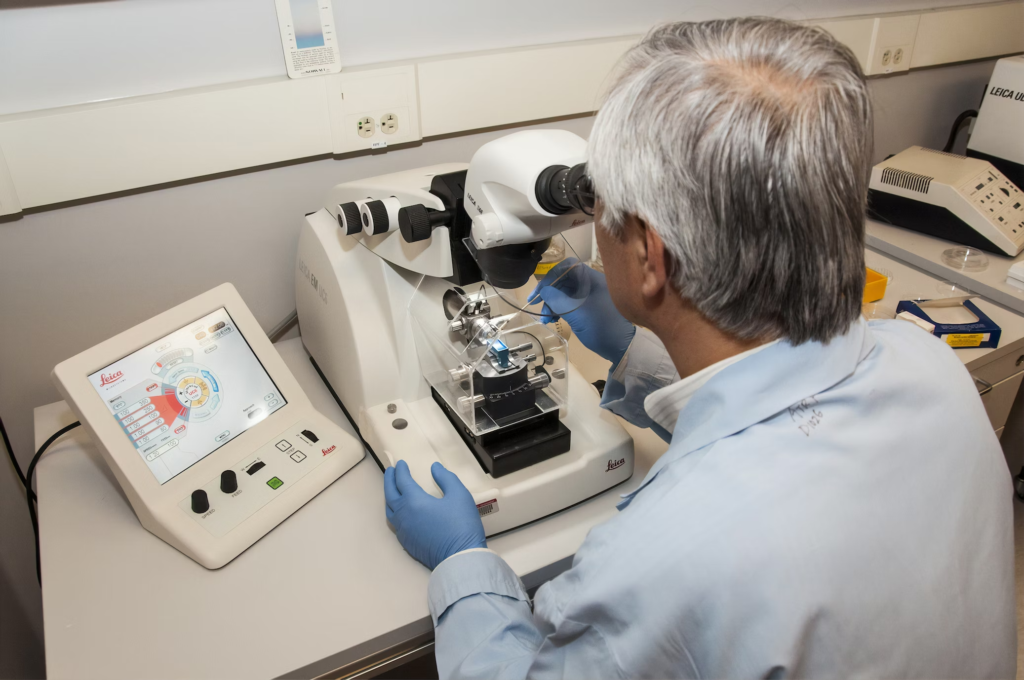
Cancer, a group of diseases characterized by the uncontrolled growth and spread of abnormal cells, is a leading cause of death worldwide. Over the years, medical research has led to the development of various treatments to combat this formidable disease. Among these treatments, medications play a crucial role. However, it’s essential to note that the “best” medicine for cancer depends on the type, stage, and individual characteristics of the patient. This article provides an overview of some of the most effective cancer medicines available today.
Read
1. Chemotherapy:
Chemotherapy uses drugs to kill or slow the growth of cancer cells. Some of the most commonly used chemotherapy drugs include:
- Cisplatin: Used for various cancers, including lung, bladder, and testicular cancers.
- 5-Fluorouracil (5-FU): Commonly used for colorectal, stomach, and pancreatic cancers.
- Methotrexate: Used for certain types of breast, skin, and lung cancers.
2. Targeted Therapy:
Targeted therapies are drugs designed to target specific molecules involved in cancer growth and spread. Some examples include:
- Trastuzumab (Herceptin): Targets HER2-positive breast cancers.
- Imatinib (Gleevec): Used for chronic myeloid leukemia and some gastrointestinal tumors.
- Vemurafenib (Zelboraf): Targets BRAF mutations in melanoma.
3. Immunotherapy:
Immunotherapy boosts the body’s natural defenses to fight cancer. Some key immunotherapy drugs are:
- Pembrolizumab (Keytruda) and Nivolumab (Opdivo): PD-1 inhibitors used for various cancers, including melanoma, lung, and head and neck cancers.
- Ipilimumab (Yervoy): A CTLA-4 inhibitor used for melanoma.
4. Hormone Therapy:
Hormone therapies slow or stop the growth of hormone-sensitive tumors. Examples include:
- Tamoxifen: Used for hormone-receptor-positive breast cancers.
- Leuprolide (Lupron) and Goserelin (Zoladex): Used for prostate and certain breast cancers.
5. Angiogenesis Inhibitors:
These drugs stop tumors from making new blood vessels, which they need to grow. Notable drugs in this category include:
- Bevacizumab (Avastin): Used for various cancers, including colorectal, lung, and kidney cancers.
- Sorafenib (Nexavar): Used for liver and kidney cancers.
6. PARP Inhibitors:
These drugs interfere with DNA repair, causing cancer cells to die. They are particularly effective in cancers with BRCA mutations:
- Olaparib (Lynparza) and Rucaparib (Rubraca): Used for certain ovarian and breast cancers.
Conclusion:
The best medicine for cancer is highly individualized, depending on the type and stage of cancer, as well as the patient’s overall health and genetic makeup. It’s essential for patients to work closely with their oncologists to determine the most appropriate treatment plan. Furthermore, ongoing research and clinical trials continue to introduce new and improved medications, offering hope for better outcomes and fewer side effects in the future.
Note: This article provides a general overview and is not exhaustive. Always consult with a healthcare professional for medical advice and treatment options.





Leave a Reply